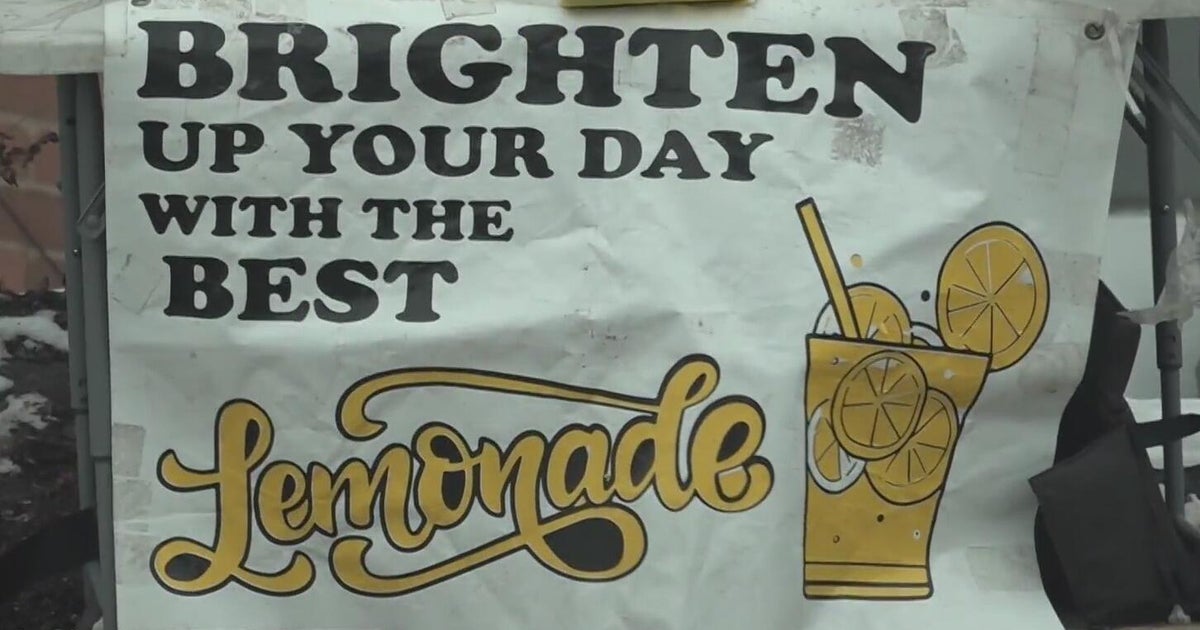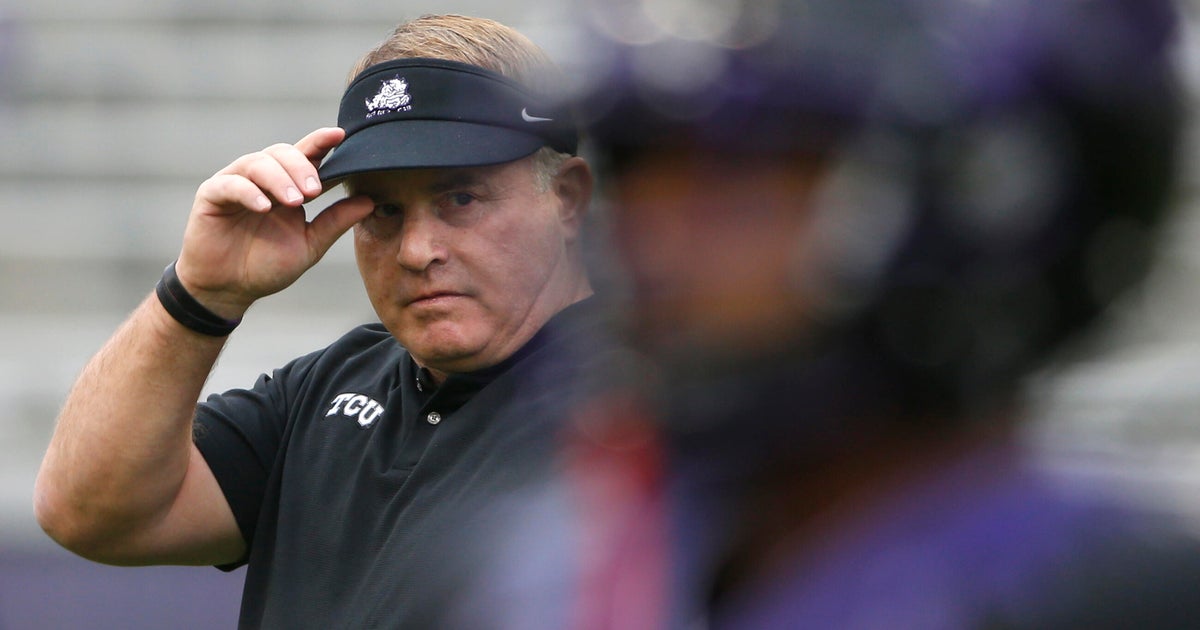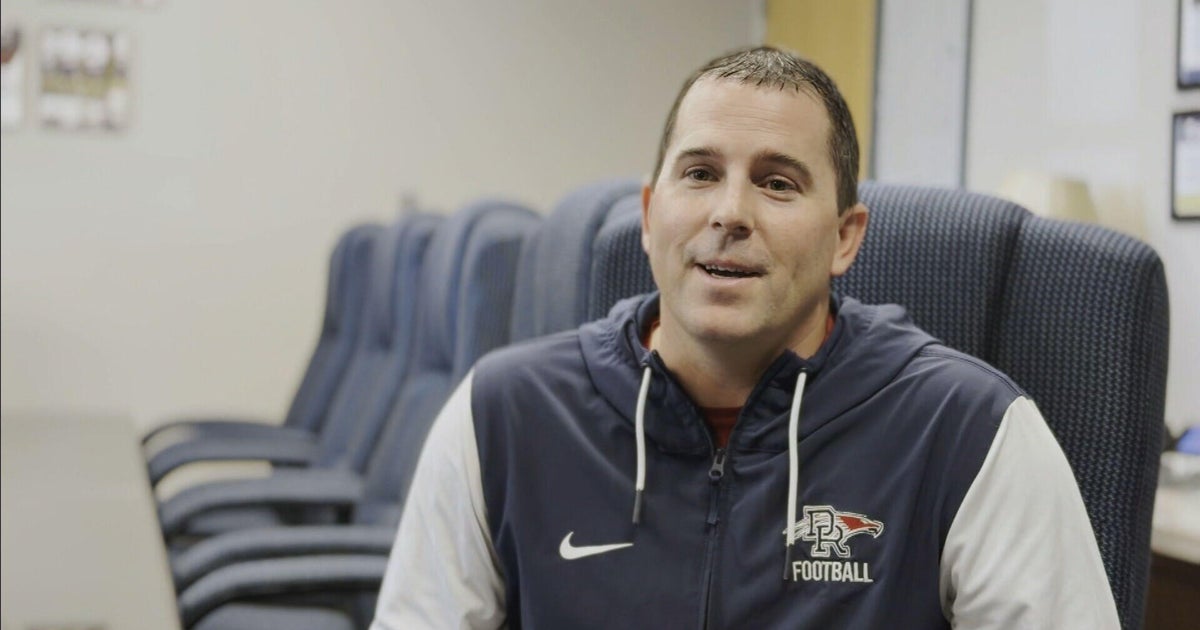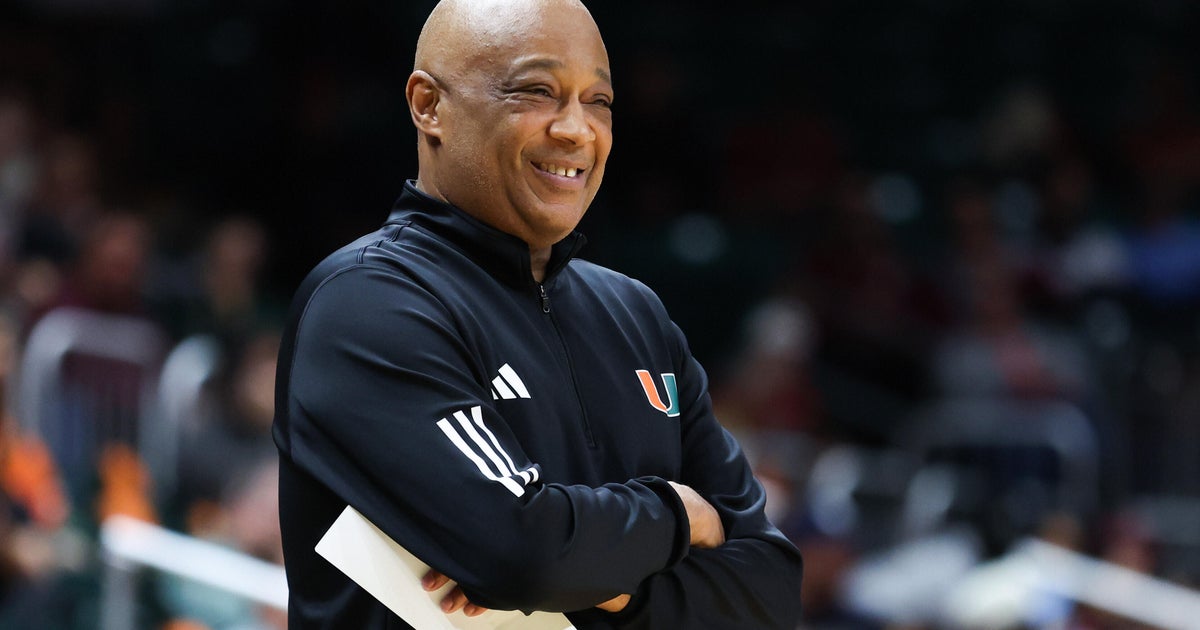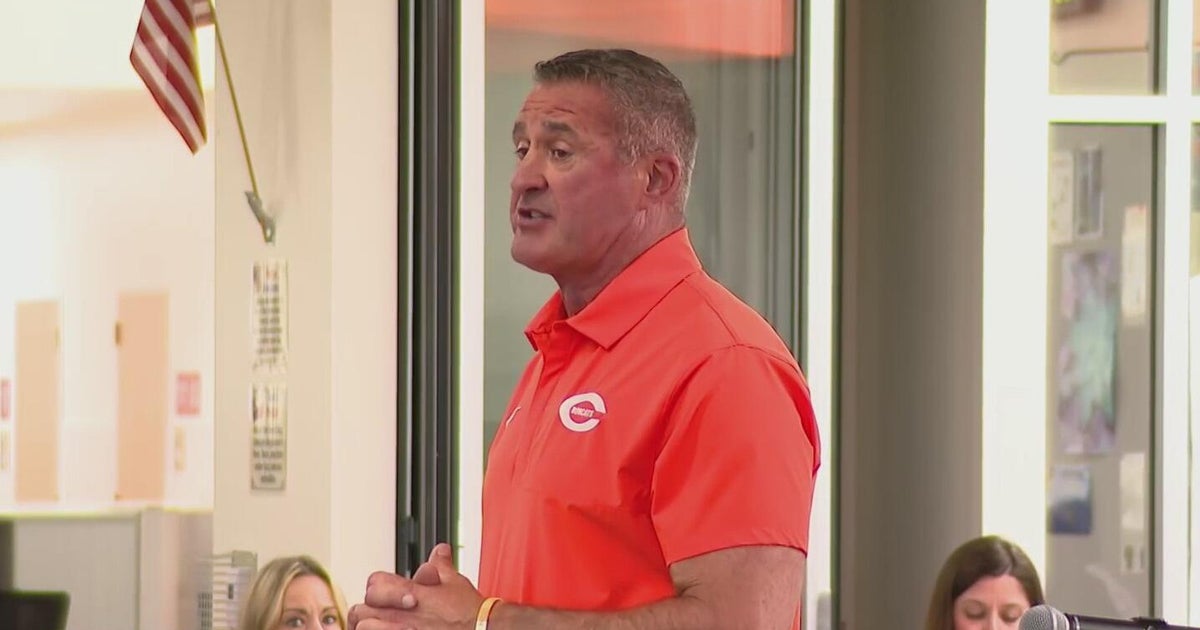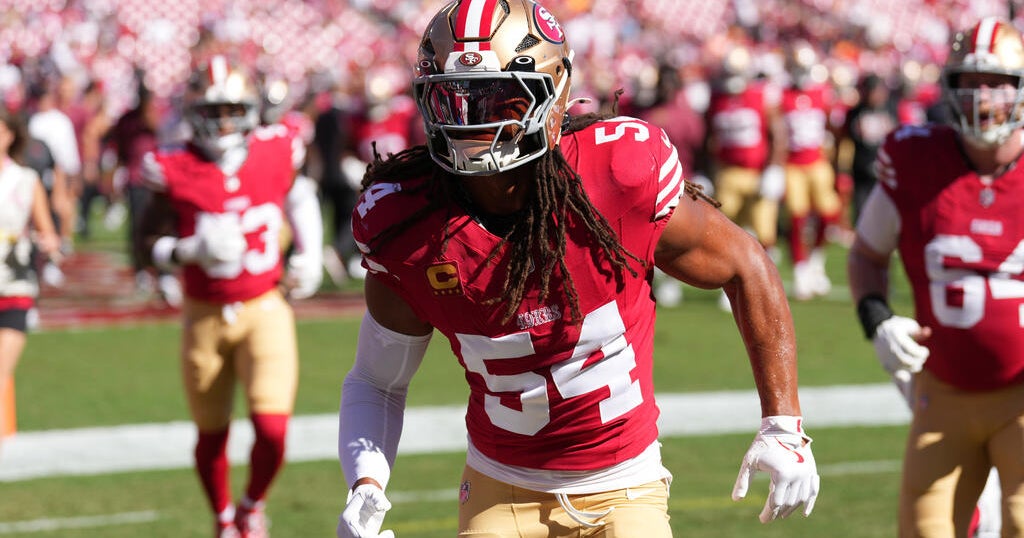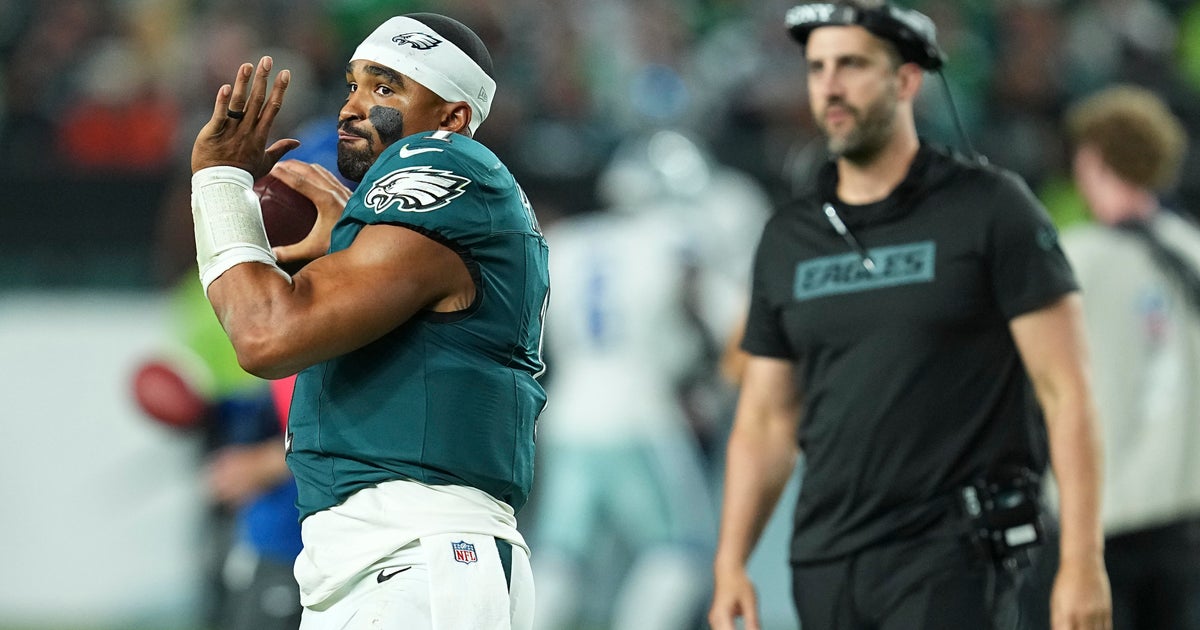University of Pittsburgh ready to compete with other schools in NIL landscape
PITTSBURGH (KDKA) — Once considered amateurs, star college football and basketball players are now getting paid millions of dollars and are free to market their services to the highest bidder.
On the day Pitt named Allen Greene as its new athletic director, head basketball coach Jeff Capel made it clear what he needed to stay competitive.
"NIL. [We] need money. NIL," Capel said.
The coach referenced name, image, and likeness, the power of star student-athletes to name their own price and play for the university paying the most.
Despite the warnings of some, the University of Pittsburgh says it is jumping into the fray with both feet.
Behind the scenes, Pitt had been in the running to sign local standout and future NBA prospect Maleek Thomas but lost him to an undisclosed NIL deal from the University of Arkansas, home to deeper-pocketed boosters like Walmart and Tyson Foods and the aggressive recruiting of their new coach John Calipari.
"I think you've heard some of our coaches talk about it, and it's not them being selfish. The reality of living in the world today without those resources," said Greene.
At his announcement, Greene said under his tenure, Pitt will jump into the NIL world with both feet, competing for the best athletes in the country.
"I want the community to hear it from me. Our coaches will have the NIL resources they need to compete on a national level."
"It's blurring the amateur sports. It corrupts the system and has a chance to corrupt the kids," says sports and entertainment attorney Rocco Cozza.
Sheehan: Is Pitt doing the right thing going down this road?
Cozza: I don't think they have the choice not to until there's a level playing field.
NIL deals are funded by so-called collectives, groups of alumni boosters who pay student-athletes for their name, image, and likeness. Pitt's collective, Alliance 412, has dozens of athletes under contract and aspires to win national championships.
But the star athletes are in the driver's seat, able to go to the highest bidder and transfer at any time for an even better deal. With other universities offering multi-million dollar contracts, it's unclear whether Pitt can compete or even whether it should.
There are calls for reform in the form of a court settlement with the NCAA, the National Collegiate Athletic Association. Before NIL and adhering to strict amateur standards, the NCAA had decreed that student-athletes could not get paid, even while universities pulled in millions of dollars of revenue from big-time college football and basketball.
The court has ordered the NCAA will pay more than $2 billion to former athletes and proposes a new system going forward called revenue sharing.
Universities would share revenue from sports and pay their athletes directly from that pool of money. The move is meant to level the playing field, but Cozza says it's unclear what role the collectives will play and whether the space race of payments will continue.
Sheehan: Can they put the genie back in the bottle?
Cozza: No. When you go from nothing to now kids making a million dollars, getting an education, and getting it paid for, how do you put that back in the bottle?
For now, the NIL space race will continue with one high school standout just getting a $10.5 million deal to attend the University of Michigan, drawing a thin line between college football and the NFL.

